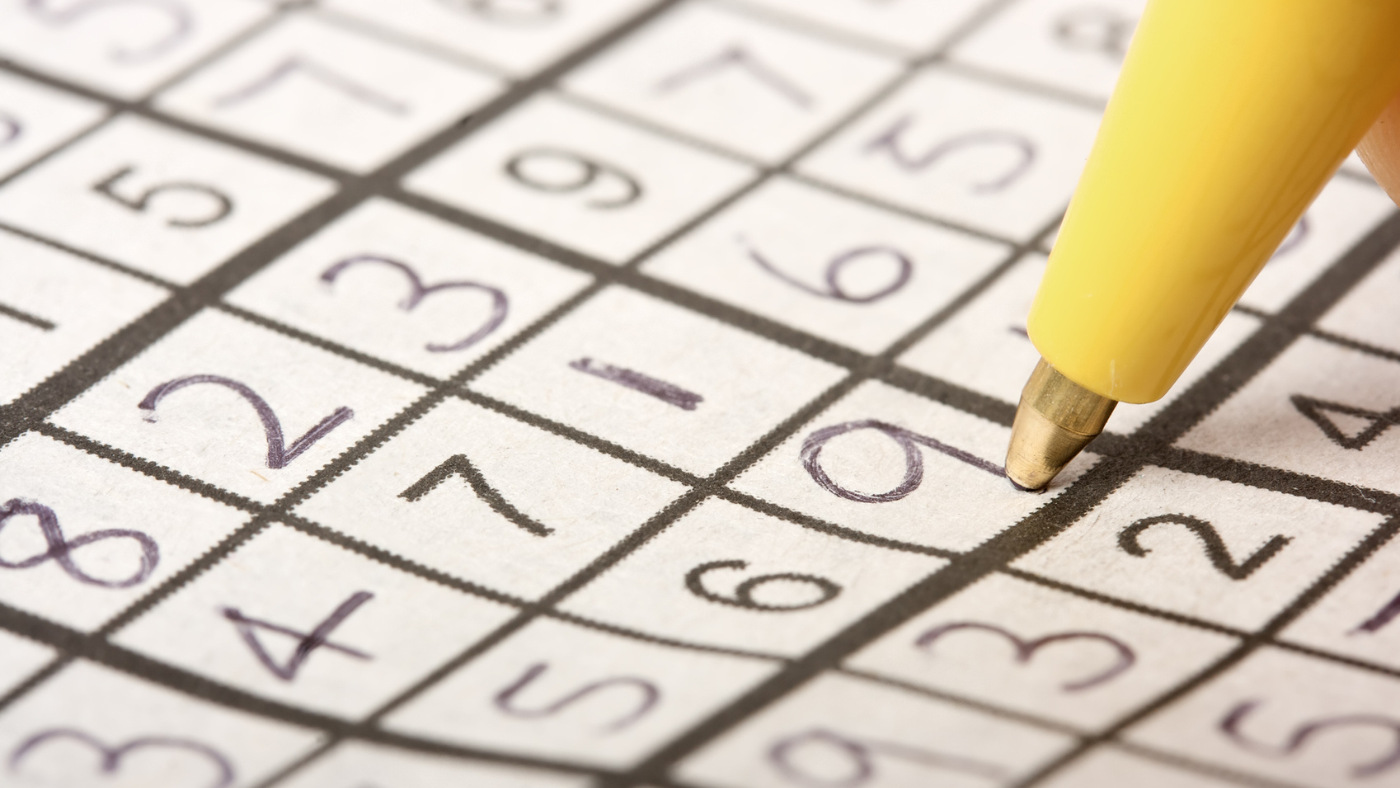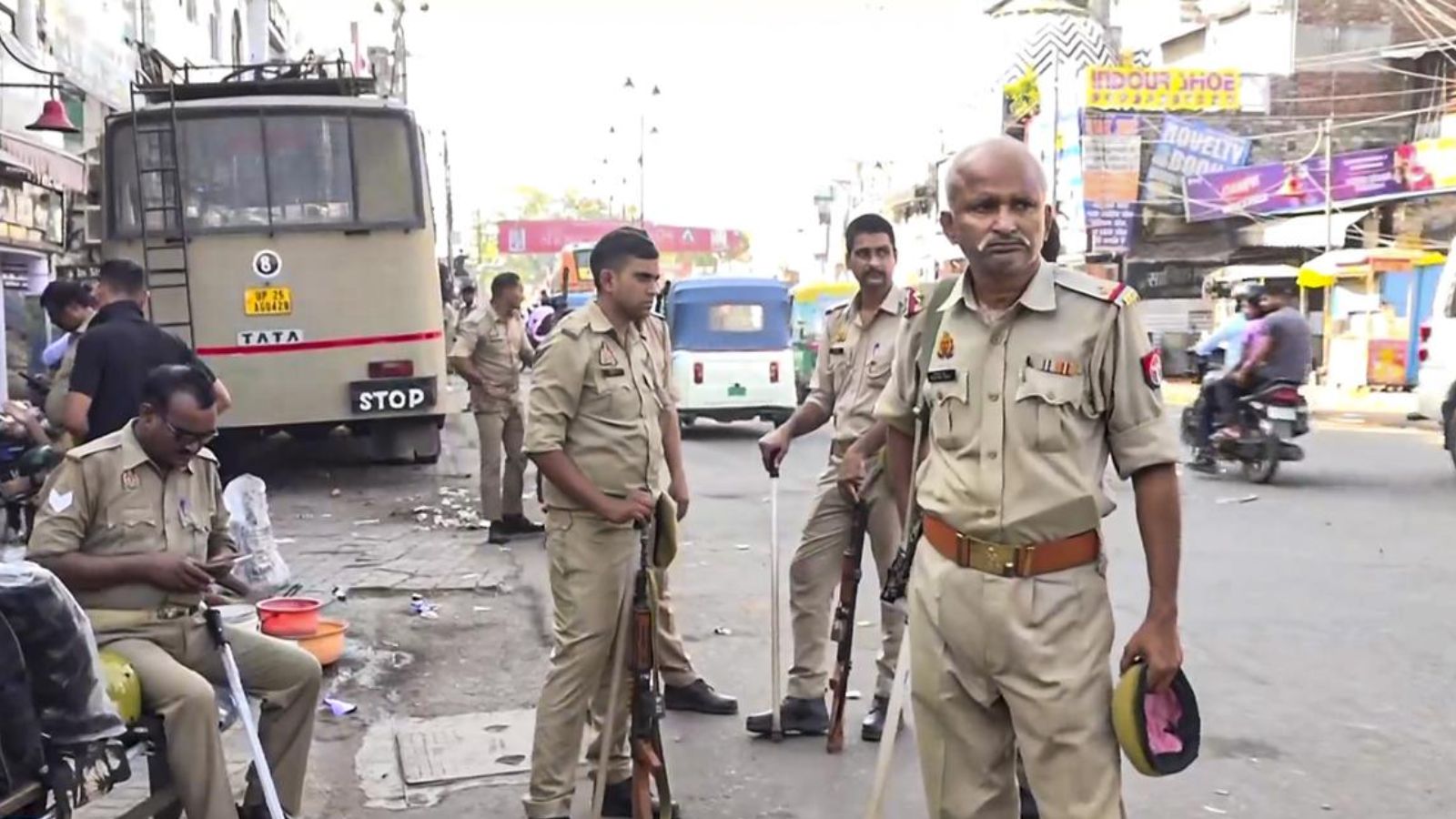Copyright mxmindia

If India loses on Sunday, there will be silence, followed by carefully worded notes about “learning lessons” and “building for the future.” The government will keep its distance. The BCCI will manage the optics. This is not cricket. This is public relations in the guise of sport. India meets Pakistan in the Asia Cup final on Sunday. For most of the cricketing world, a final is about form, skill and nerves. But when these two teams meet, the game is rarely just about cricket. Especially after Operation Sindoor. It becomes a stage. The ball is bowled, the runs are scored, but the real contest is fought in press rooms, television studios, Social Media and WhatsApp forwards. We have seen this script before. When India beat Pakistan last week, the Board of Control for Cricket in India (BCCI) put out a triumphant note on social media. The victory, they declared, was “a tribute to the Pahalgam martyrs”. Just pause and read that again. Runs on a cricket scoreboard, turned into a currency to settle blood debts. The sacrifice of soldiers reduced to a press release. Patriotism rebranded as marketing copy. If India loses on Sunday, expect the opposite playbook. There will be silence, followed by carefully worded notes about “learning lessons” and “building for the future.” The government will keep its distance. The BCCI will manage the optics. This is not cricket. This is public relations in the guise of sport. Pakistan has done its bit to cheapen the contest too. A batsman mimicked firing an AK-47 with his bat. Another signalled a falling aircraft, a Pak supporter telling Haris Rauf, “India ko chhodna nahin.” These were not light-hearted excesses. They were theatre, designed to provoke. When a game of bat and ball becomes a pantomime of violence, the sport loses its innocence. I say this not as an outsider to the game, but as someone who has lived it from the press gallery. As a sports reporter with The Khaleej Times, I covered several of those Sharjah tournaments where India and Pakistan collided in front of a roaring diaspora crowd. The atmosphere was electric. Tense, noisy, unpredictable. But inside the press box, it was still about cricket. National pride was in the air, but it did not spill over into mimicry of guns or planes. It was fierce sport, not theatre. That is why today feels different. The noise has drowned out the cricket. A Sharjah final was about who bowled the better yorkers at the death. Today, the headlines are shaped by which administrator drafts a cleverer tweet. The beauty of cricket has been replaced by choreography. Which brings me back to a point I made earlier: India should not have played this tournament at all. We dress it up as neighbourly sporting rivalry, but in truth it is commerce disguised as patriotism. The broadcasters cash in. The cricket boards count the revenue. Politicians wait to seize a photo opportunity. Meanwhile, the sport itself is held hostage to agendas that have nothing to do with cover drives or yorkers. For the ordinary fan, this is a betrayal. Cricket is supposed to be a source of joy, of shared anxiety, of small triumphs that lift a week otherwise filled with ordinary struggles. But when every win is spun as a blow against the enemy, and every loss as a national shame, the fan is left not with joy but with tension. A pastime becomes a test of loyalty. Public relations cannot mask this reality. I spent years in newsrooms before crossing into PR, and one lesson never left me: spin cannot outlast truth. You can script victory speeches, draft condolence tweets and choreograph celebrations. But you cannot erase the fact that cricket has been stripped of its innocence. It would be easy to blame the BCCI alone but the board has always been a mirror of the times. Today’s times reward chest-thumping. They reward the language of war more than the language of sport. A calm handshake after a match will get buried. A trigger gesture or a falling aircraft sign will trend. The algorithms have spoken, and administrators are only too happy to follow. There was a time when an India–Pakistan match produced legends of cricketing folklore.Those moments live because they were about cricket. Not about nationalism disguised as sloganeering. Not about martyrdom invoked for marketing. Just about the beauty and cruelty of sport. Today we are left with a different legacy. A final that is more about narrative than skill. A result that will be spun within minutes of the last ball. If India wins, expect hashtags about national glory. If India loses, wait for the consolatory clichés. Either way, the game itself will be a backdrop. That is the tragedy. Cricket has stopped being a game between bat and ball. It has become theatre. And the audience, the millions who love the sport for its craft and drama, are no longer spectators. They are conscripted into someone else’s narrative, told to cheer at the right cue and jeer at the appointed villain. When cricket is stripped of its innocence, it is not just the sport that suffers. It is the fan. In this theatre of nationalism, the fan is always the one who goes home empty-handed. David D’Souza is a senior journalist and communications specialist. He writes on MxMIndia every other Thursday, and sometimes on other days as well. His views here are personal.



